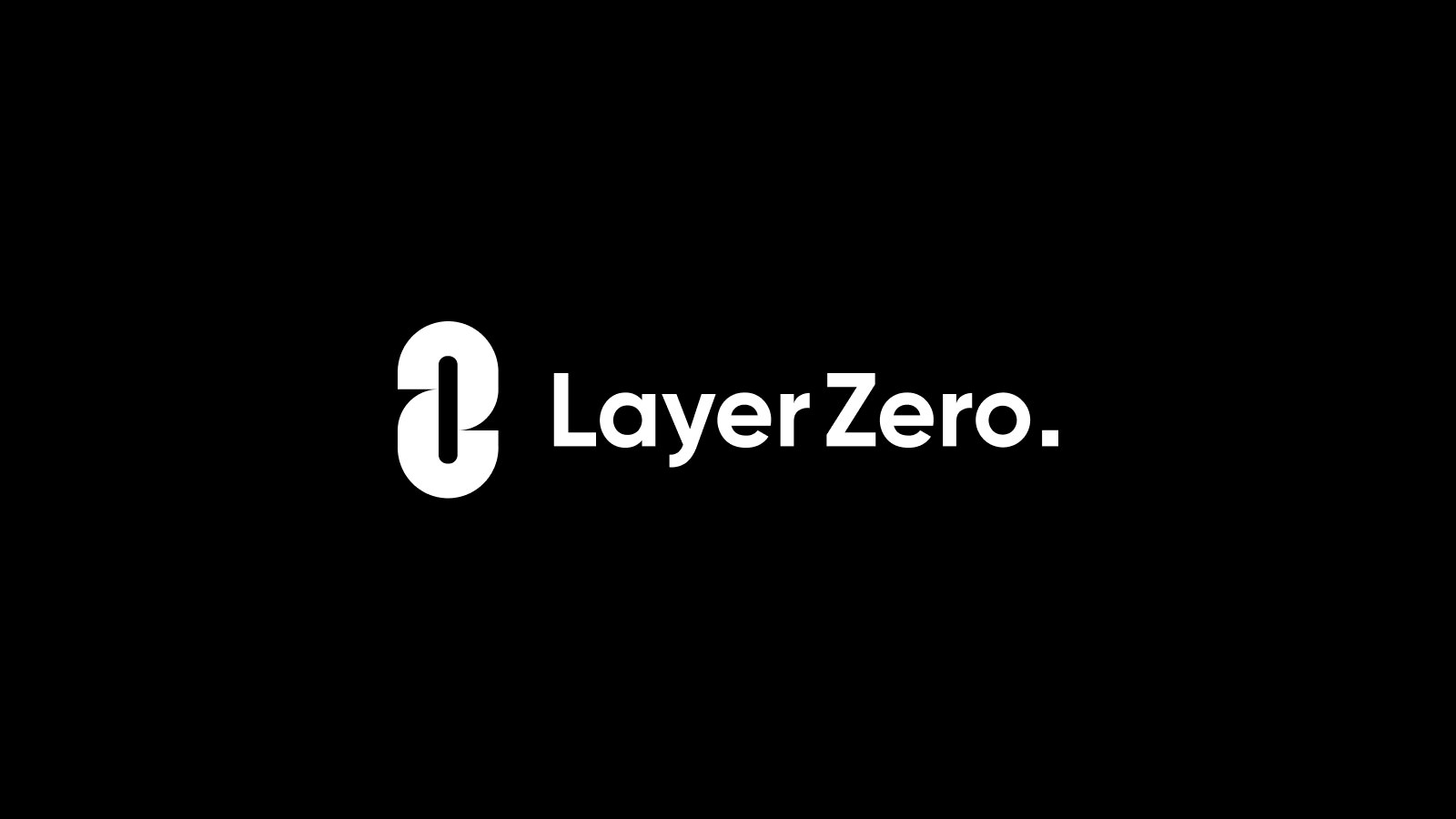- Formal audit(s) (May 21, 2022) can be found in audit
yarn install
yarn test- The code in the contracts folder demonstrates LayerZero behaviours.
- NonblockingLzApp is a great contract to extend. Take a look at how
OmniCounteroverrides_nonblockingLzReceiveand_LzReceiveto easily handle messaging. There are also example for OFT and ONFT which illustrate erc20 and erc721 cross chain functionality. - Always audit your own code and test extensively on
testnetbefore going to mainnet 🙏
The examples below use two chains, however you could substitute any LayerZero supported chain!
NOTE: the OFTV2 uses uint64 to encode value transfer for compatability of Aptos and Solana.
The deployer is expected to set a lower decimal points like 6 or 8.
If the decimal point is 18, then uint64 can only represent approximately 18 tokens (uint64.max ~= 18 * 10^18).
- Add a
.envfile (to the root project directory) with yourMNEMONIC="your mnemonic"and fund your wallet in order to deploy! - Follow any of the tutorials below
setTrustedRemote() (step 2). This is a mock deployment that auto mints tokens to msg.sender
- Deploy two contracts:
npx hardhat --network goerli deploy --tags ExampleOFTV2
npx hardhat --network fuji deploy --tags ExampleOFTV2- Set the "trusted remotes" (ie: your contracts) so each of them can receive messages from one another, and
onlyone another.
npx hardhat --network goerli setTrustedRemote --target-network fuji --contract OFTV2Mock
npx hardhat --network fuji setTrustedRemote --target-network goerli --contract OFTV2Mock- Set the "minDstGas" required on the destination chain.
npx hardhat --network goerli setMinDstGas --packet-type 0 --target-network fuji --contract OFTV2Mock --min-gas 100000
npx hardhat --network fuji setMinDstGas --packet-type 0 --target-network goerli --contract OFTV2Mock --min-gas 100000100000 is used for min-gas in this example, you should set this value based on careful gas consumption analysis.
- Send tokens from goerli to fuji
npx hardhat --network goerli oftv2Send --target-network fuji --qty 42 --contract OFTV2MockPro-tip: Check the ERC20 transactions tab of the destination chain block explorer and await your tokens!
This ONFT contract allows minting of nftIds on separate chains. To ensure two chains can not mint the same nftId each contract on each chain is only allowed to mintnftIds in certain ranges.
Check the ONFT_ARGS constant defined in ONFT721 deploy script for the specific test configuration used in this demo.
setTrustedRemote() (step 2).
- Deploy two contracts:
npx hardhat --network bsc-testnet deploy --tags ONFT721
npx hardhat --network fuji deploy --tags ONFT721- Set the "trusted remotes", so each contract can send & receive messages from one another, and only one another.
npx hardhat --network bsc-testnet setTrustedRemote --target-network fuji --contract ONFT721Mock
npx hardhat --network fuji setTrustedRemote --target-network bsc-testnet --contract ONFT721Mock- Set the min gas required on the destination
npx hardhat --network bsc-testnet setMinDstGas --target-network fuji --contract ONFT721Mock --packet-type 1 --min-gas 100000
npx hardhat --network fuji setMinDstGas --target-network bsc-testnet --contract ONFT721Mock --packet-type 1 --min-gas 100000- Mint an NFT on each chain!
npx hardhat --network bsc-testnet onftMint --contract ONFT721Mock --to-address <address> --token-id 1
npx hardhat --network fuji onftMint --contract ONFT721Mock --to-address <address> --token-id 11- [Optional] Show the token owner(s)
npx hardhat --network bsc-testnet ownerOf --token-id 1 --contract ONFT721Mock
npx hardhat --network fuji ownerOf --token-id 11 --contract ONFT721Mock- Send ONFT across chains
npx hardhat --network bsc-testnet onftSend --target-network fuji --token-id 1 --contract ONFT721Mock
npx hardhat --network fuji onftSend --target-network bsc-testnet --token-id 11 --contract ONFT721Mock - Verify your token no longer exists in your wallet on the source chain & wait for it to reach the destination side.
npx hardhat --network bsc-testnet ownerOf --token-id 1 --contract ONFT721Mock
npx hardhat --network fuji ownerOf --token-id 1 --contract ONFT721MockOmniCounter is a simple contract with a counter. You can only remotely increment the counter!
- Deploy both OmniCounters:
npx hardhat --network bsc-testnet deploy --tags OmniCounter
npx hardhat --network fuji deploy --tags OmniCounter- Set the remote addresses, so each contract can receive messages
npx hardhat --network bsc-testnet setTrustedRemote --target-network fuji --contract OmniCounter
npx hardhat --network fuji setTrustedRemote --target-network bsc-testnet --contract OmniCounter- Send a cross chain message from
bsc-testnettofuji!
npx hardhat --network bsc-testnet incrementCounter --target-network fujiOptionally use this command in a separate terminal to watch the counter increment in real-time.
npx hardhat --network fuji ocPollJust use our checkWireUpAll task to check if your contracts are wired up correctly. You can use it on the example contracts deployed above.
- UniversalONFT
npx hardhat checkWireUpAll --e testnet --contract ONFT721Mock- OmniCounter
npx hardhat checkWireUpAll --e testnet --contract OmniCounterMany of the example contracts make use of LayerZeroEndpointMock.sol which is a nice way to test LayerZero locally!
For further reading, and a list of endpoint ids and deployed LayerZero contract addresses please take a look at the Gitbook here: https://layerzero.gitbook.io/
See testnet and mainnet chainIds and addresses, and the format for connecting contracts on different chains:
https://github.com/LayerZero-Labs/set-trusted-remotes
https://layerzero.gitbook.io/docs/technical-reference/testnet/testnet-addresses
https://layerzero.gitbook.io/docs/technical-reference/mainnet/supported-chain-ids
